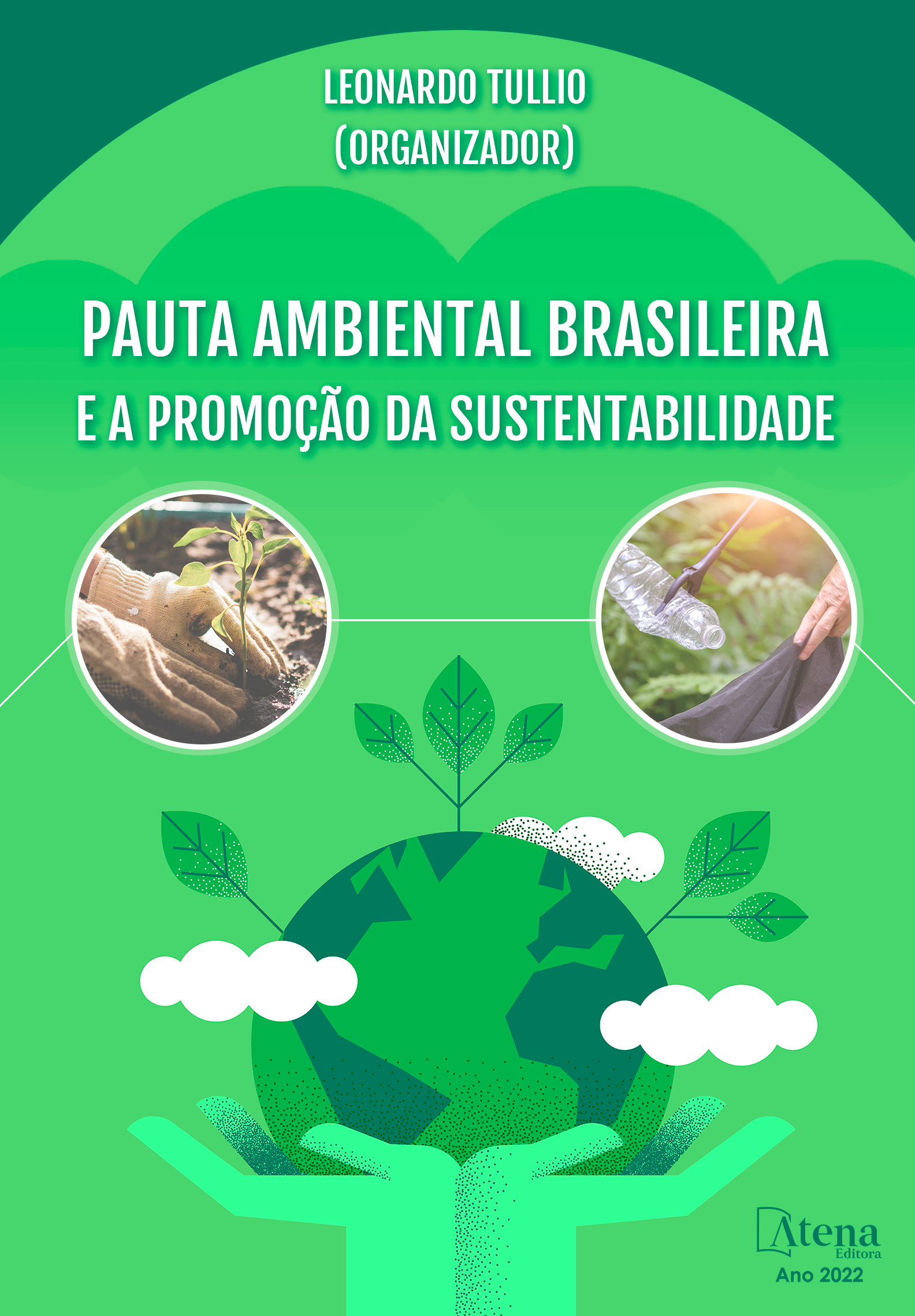
COEXISTÊNCIA DO RURAL NO URBANO COMO POTENCIAL PARA CONSERVAÇÃO DA NATUREZA NA APA BACIA DO RIO DO COBRE/SÃO BARTOLOMEU, SALVADOR-BA (BR)
Neste artigo investiga-se os usos culturais da natureza relativos à dinâmica da ruralidade metropolitana e as estratégias desenvolvidas para a conservação ambiental dos fragmentos remanescentes urbanos da Mata Atlântica na Área de Proteção Ambiental do rio do Cobre/São Bartolomeu, Salvador, Bahia. Pautou-se metodologicamente na pesquisa-ação como atividade de extensão, realizada desde 2017, por pesquisadores do grupo de Pesquisa Desenvolvimento, Sociedade e Natureza, do Programa de Pós-Graduação em Território, Ambiente e Sociedade, da Universidade Católica do Salvador (UCSAL), junto aos membros do Conselho Gestor da APA Bacia do Cobre/São Bartolomeu, coletivo Guardiões da APA Bacia do Cobre/São Bartolomeu, associações de moradores e lideranças locais. Os resultados da pesquisa ressaltaram a indissociabilidade entre o ensino, pesquisa e extensão, que possibilitaram a efetivação do conhecimento formal e informal sobre a relação sociedade e ambiente na APA Bacia do Cobre/São Bartolomeu, bem como pode-se destacar a coexistência entre os modos de vida rural e urbano. Além disso, emergiu, da análise dos resultados, a constatação socioambiental de interdependência entre a conservação da natureza e as condições de vida, para que se possa garantir o mínimo existencial ambiental e a dignidade humana, cujo acesso aos projetos ecológicos-ambientais pode configurar uma via alternativa socioambiental e possível de desenvolvimento humano e social
COEXISTÊNCIA DO RURAL NO URBANO COMO POTENCIAL PARA CONSERVAÇÃO DA NATUREZA NA APA BACIA DO RIO DO COBRE/SÃO BARTOLOMEU, SALVADOR-BA (BR)
-
DOI: 10.22533/at.ed.7182230058
-
Palavras-chave: Mata Atlântica; Sustentabilidade; Mínimo Existencial Ambiental; Dignidade Humana; Ruralidade Metropolitana
-
Keywords: Atlantic Flores; Sustainability; Human Dignity; Environmental Existential Minimum; Metropolitan Rurality.
-
Abstract:
This article analyzes the cultural uses of nature related to the dynamics of metropolitan rurality and the strategies developed for the environmental conservation of the urban remnants fragments of the Atlantic Forest in the Environmental Protection Area of Copper Watershed/São Bartolomeu, Salvador, Bahia. These strategies were methodologically based on the action research developed as an extension activity, since 2017, by the researchers of the Development, Society and Nature Research Group and the Postgraduate Program in Territory, Environment and Society, at the Catholic University of Salvador (UCSAL), together with the members of the Management Council of the River Copper Watershed APA/St. Bartolomeu APA, the Guardians of the River Copper Watershed APA/St. Bartolomeu APA collective, residents' associations and local leaders. The research results highlighted the inseparability between teaching, research and extension, which enabled the realization of formal and informal knowledge about the relationship between society and environment in the River Copper Watershed APA/St. Bartolomeu, as well as the coexistence between the of rural and urban life. Moreover, from the analysis of the results, the socio-environmental finding of interdependence between nature conservation and living conditions emerged, so that the minimum existential environmental and human dignity can be guaranteed, whose access to ecological-environmental projects can configure a socio-environmental and possible alternative way of human and social development.
-
Número de páginas: 30
- Flávio Souza Batista
- Fátima Carmelo Balthazar da Silveira Lima
- Thiago Guimarães Siqueira de Araújo
- Gláucio Alã Vasconcelos Moreira
- André Augusto Araújo Oliveira
- Vinnie Mayana Lima Ramos
- Mariana Reis Santana
- Manuel Vitor Portugal Gonçalves
- Cristina Maria Macêdo de Alencar
- Débora Carol Luz da Porciúncula


